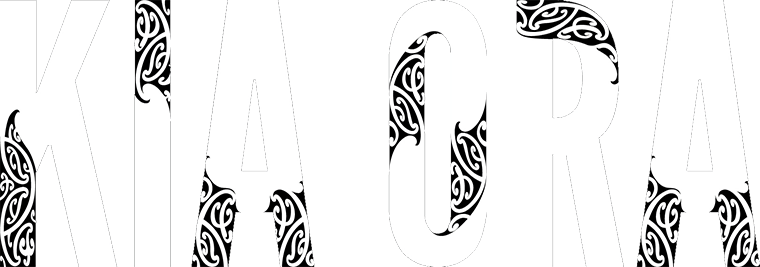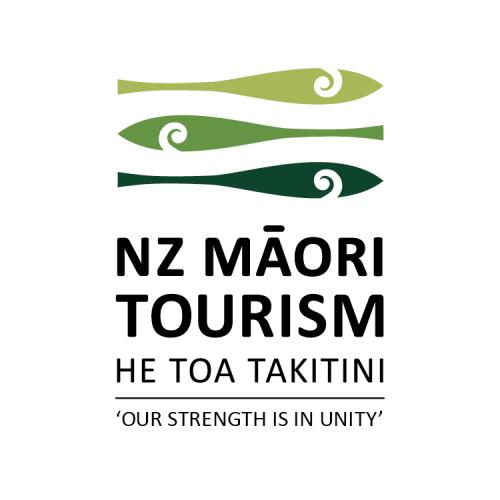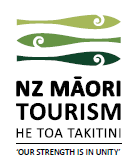In this newsletter:
- COVID-19 Updates from today
- Level 3 Golden Rules
- Information to travel over alert boundaries
- Guidelines for Accommodation
- Support for Wage Subsidy Application and update
- RSP – what you need to know
- RSP for Marae & Māori Land Trusts
Our thoughts are with those affected by the Auckland flooding.
Updates from today
- New Zealand south of the Auckland border moves to Alert Level 3 at 11:59pm tonight.
- There were 49 new cases in the community today.
- This brings the total number to 612.
- There are 33 cases in hospital; eight of these are in ICU and of those, two are on a ventilator.
- Police are establishing checkpoints on southern border of Auckland.
- SH1/Mercer off ramp – southbound traffic
- SH1/Oram Rd – northbound traffic
- Mangatawhiri Rd/SH2
- East Coast Rd – Waharau Regional Park
- SH22/Pukekawa-Churchill Rd and Logan Rd
- Stay at home
- Keep your bubble small
- Exercise and shop locally
- Keep working from home
- Keep your children at home
- Public venues remain closed
- Travel is restricted for work
- Recreational activities should be as local as possible
- Please also get vaccinated
- Weddings and funeral are allowed with a max of 10 people
If you own or operate a business that includes close contact - you cannot operate at level 3. Distancing guidelines are necessary to stop the spread of the virus.
Traveling over alert level boundaries
If business requires staff to travel across alert level boundaries, they will need to apply for a travel exemption for each staff member. You won’t be able to re-use the travel documents that you applied for during previous Alert Level changes and will need to reapply for new documents. This can be done via a portal.
· Business traveling across level 3 and 4 boundary
· Boundary map for Level 3 and 4 areas
Preparing to move to level 3: Here is some additional information on Access to business premises in level 4
(Thanks to Tourism Export Council for this information.)
Guidelines for accommodation
Please note that any government directives take precedence over the guidelines and operators should continue to monitor any government announcements and directives.
Auckland and above - Alert Level 4 guidelines for accommodation
Rest of New Zealand - Alert Level 3 guidelines for accommodation
Wage Subsidy Update
Applications for the current COVID-19 Wage Subsidy August 2021 close at 11.59pm on Thursday 2 September.
Another round of the wage subsidy will be available for a further two-week payment. Applications for this will open at 9am on 3 September.
(Thanks to Tourism Industry Aotearoa for this information plus the Guidelines above)
Support for Wage Subsidy application
The Auckland Chamber of Commerce Chief Executive Michael Barnett and Businesses Advisor Bev Cassidy-MacKenzie have produced some fantastic videos answering questions from business owners. Click here to watch.
Episode 8: Resurgence Support Payment
Episode 7: Can I insist employees get a vaccination? / Business Travel Documents
Episode 6: Getting the right information
Michael has also offered support for Māori tourism operators to complete the Wage Subsidy application. Please call Bev 0800 543 543 and tell her you are with NZ Māori Tourism.
Resurgence Support Payment (RSP)
Applications for the current activation of RSP close 1 month after the whole country returns to Alert Level 1.
If your business experienced a 30% drop or more in revenue over any seven-day period following the alert level increase on Tuesday 17 August, you could be eligible for the RSP. The 17th can be included in your seven-day period.
Sole traders who were unable to perform a service due to the lockdown and therefore unable to invoice their clients can also apply, provided they meet the criteria.
The 30% or more revenue drop must be compared to a typical seven days within the six weeks prior to 17 August. The time frame for this particular period would be from 6 July 2021 to 16 August 2021. In applying the revenue drop test there may not be a typical seven day period in the preceding 6 weeks for businesses that receive revenue on a seasonal basis so these businesses can include a typical seven day period from a prior year. More detail on what to do is available on IRD’s website.
For example
Your business turned over $2,000 during a seven-day period from Monday 12 July to Sunday 18 July . This was a typical amount of turnover for the business over a seven-day period.
As a result of the alert level rise during the week of Monday 23 August to Sunday 29 August, you only turned over $1200 in that week.
Due to experiencing a 40% drop (30%+) in revenue, you could be eligible for the RSP provided that you meet the other criteria.
Another example
You have a business with 3 full time employees.
You’ve experienced a 30% or more decline in revenue by comparing a 7-day period pre–alert level rise, and a 7-day period at the raised alert level (as in the example above).
You could be eligible to receive $2700 = ($1500 (baseline payment) + $400 (FTE) + $400 (FTE) + $400 (FTE)).
However, if your business has a ‘low revenue’ your payment will be capped at four times (4x) the amount your revenue has dropped over the 7-day raised alert level period.
So, if your business from the example above with 3FTEs has a revenue decline of $500, you would receive an RSP payment of $2000 (4 x $500).
Further details including eligibility criteria, the application process, calculating entitlements and tax treatment of RSP payments are available on IRD's website www.ird.govt.nz/rsp.
RSP: Marae & Māori Land Trusts - IRD
To be eligible for RSP there are a number of criteria that need to be met such as Businesses and organisations (including sole traders) must have a New Zealand Business Number. Marae and Māori Land Trusts will need to ensure they have their NZBN available when completing their application.
That said, we'll pre-populate the application with the NZBN if we hold it.
- If we don’t have your NZBN and you are a registered company, you will already have one and can search for it on the NZBN website
- If you are a sole trader, a partnership or a trust, and you don’t already have a NZBN you can apply on the NZBN website. There’s no charge for this service.
Most NZBN applications will be processed instantly by using either your NZ driver licence or passport. If you don’t have either of these, or you are applying for a partnership or trust, you will need to supply some additional information. See NZBN website for more information. These applications are processed within 3 working days.
It is important to note, Income that is received passively – such as interest and dividends, and all forms of residential and commercial rent – is excluded when measuring revenue. So, for example, if a Marae or Māori Land Trust leases land to another business for use, the lease of the land is considered passive income. The business that is using the land may be eligible for the RSP but not the Marae or Māori Land Trust. If the Marae or Māori Land Trust is actively using the land to derive income, then they may be eligible for the RSP.
In terms of Marae, in general a Marae would not be eligible to apply for RSP as, in most situations, income received would be considered passive. That said, there may be situations where this is not the case and Marae would be encouraged to discuss their situation with either their tax professional (Tax agent, Accountant or bookkeeper) or Inland Revenue. Activities or events scheduled but cancelled as a result in the rise from alert level 1 and which derives active income (for example an event at a Marae which is charged a fee for use of the facilities etc thereby active income) would be able eligible to apply for RSP if all the other criteria have been met. The Marae would need to show the event scheduled and cancelled (as a result of the alert level rise) and the income lost.
Many businesses can look for a typical 7 days to work out their revenue in the previous 6 weeks. This may not be the situation for Marae as we appreciate some businesses and activities are seasonal. The previous 6 weeks might not be typical - so Marae can look to a comparable 7 day period in a prior year.
We would encourage Marae and Māori Land Trust to make contact to discuss their situation with either their tax professional ( Tax agent, Accountant or bookkeeper) or Inland Revenue to determine whether RSP is appropriate for them to apply for.
If you have any pātai, contact IRD through MyIR, or get in touch with IRD's Kaitakawaenga Māori.
Noho ora mai,
NZ Māori Tourism



